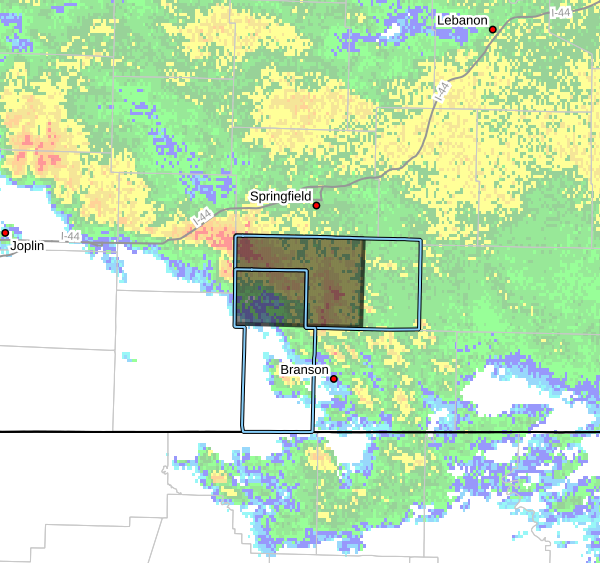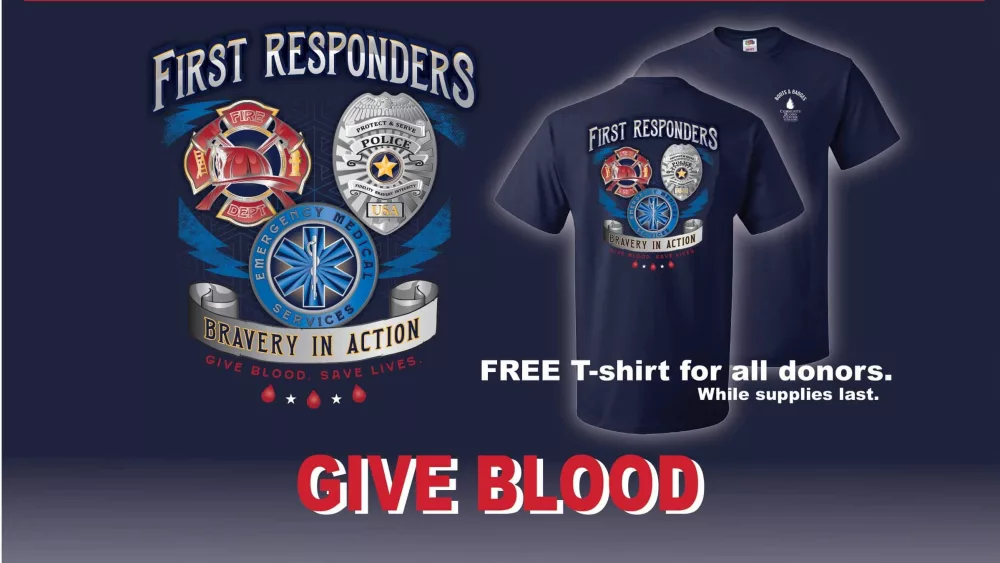Bitter cold weather is expected this weekend and the city of Joplin has put out a list of things it advises everyone do to be prepared.
On that list include recognizing the signs of hypothermia and frostbite, and preparing an emergency kit. You can read their full list below.
- Prepare an emergency kit. The below listed items should be part of your basic emergency kit and kept in a container that can be easily carried. Use the Family Safety Guide as a reference to gather additional items important to your family.
- Water and canned or dried food – families should set aside one gallon of water per person per day, to last three days, and a three-day supply of food per person. The food should be nonperishable items that don’t need to be cooked, such as tuna and crackers. Remember to include a manual can opener. If there’s an infant in the house, include formula and baby food.
- Battery powered radio
- Flashlight
- Extra batteries for the radio and flashlight
- Prescription medications
- First-aid kit
- Copies of insurance policies, deeds and other important records
- Be safe while outdoors in winter elements. Avoid ice covered walkways due to risk of falling. To avoid falling, wear snow boots, take short steps and use hand rails for balance, when possible.
- Prepare an emergency kit in case you become stranded in your vehicle, cover your body with extra clothing and remain in your vehicle. (http://www.dhss.mo.gov/emergencies/readyin3/englishfacts/IceSnowStorm.pdf)
- Avoid driving, if possible. If necessary, drive with caution and avoid travelling on ice-covered roads, overpasses and bridges. Most injuries and deaths related to winter storms occur from vehicle or transportation related accidents.
- Limit outdoor time during extreme cold temperatures and monitor for signs of frostbite or hypothermia. Layer clothing with loose-fitting lightweight items. Dress warm and stay dry. Wear a hat, scarf and mittens.
- Know the warning signs for hypothermia, an abnormally low body temperature. Continued exposure to cold temperatures can cause confusion, drowsiness, clumsiness, and exhaustion. Do not ignore shivering. Shivering is a sign that the body is losing heat. If shivering persists, go indoors.
- Know the signs and symptoms for frostbite, or injury to the body caused by freezing. Frostbite mostly affects the nose, ears, cheeks, chin, fingers and toes. Signs include tingling and numbness, white or grayish yellow areas of skin, and skin that feels waxy.
- Tasks such as shoveling snow, pushing stranded vehicles or even walking can cause exhaustion and overexertion leading to heart attacks. Close attention to physical health, weather conditions and the stress associated with the task should be considered prior to performing such tasks.
- Practice proper fire safety precautions: never leave a fire unattended; use space heaters according to manufacturer’s instructions, and ensure your home is protected with a working smoke detector.
- Running water, even at a trickle helps prevent pipes from freezing.
- Check on family, friends and neighbors that could be at high risk of cold related injury or illness including elderly, those that are fighting an illness and people that do not have access to adequate heat.
- Provide proper shelter for pets. If pets or livestock must remain outdoors, provide fresh water and food supplies on a regular basis.
It looks like you are not a member of VIP Club yet. Please fill out the form below to access the page and join the VIP Club







